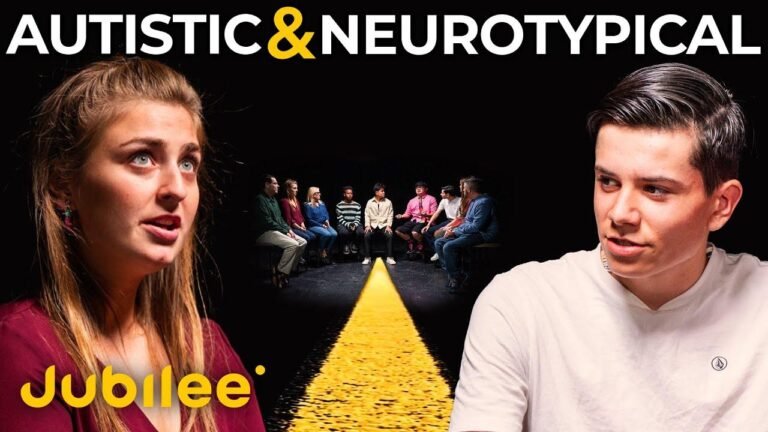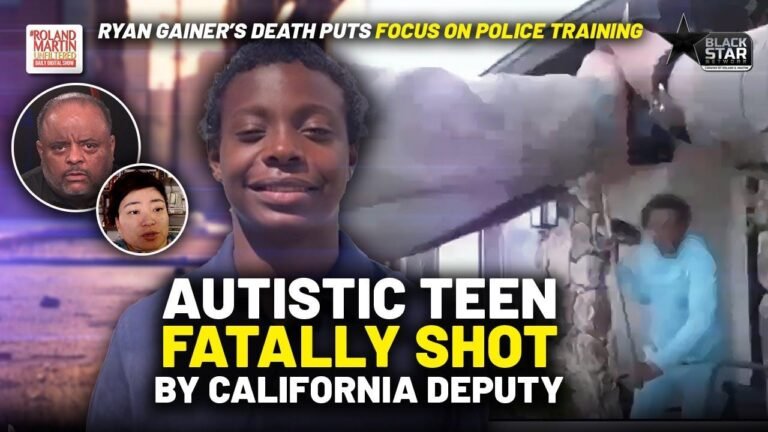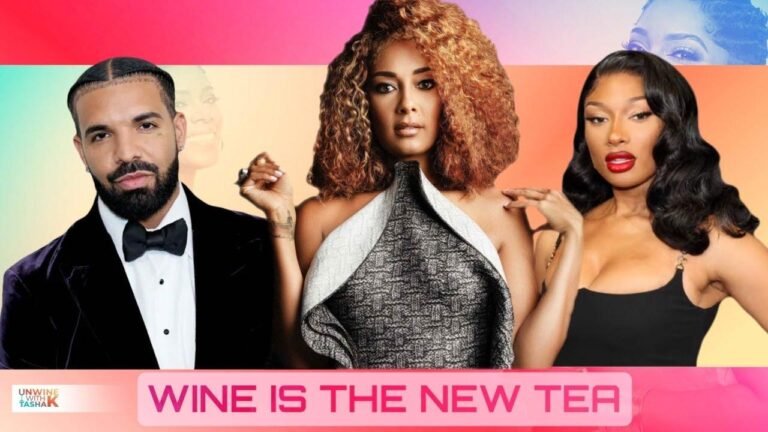Is Netflix taking advantage of individuals with autism?
Netflix is exploiting autistic people, infantilizing them and reinforcing stereotypes. Love on the Spectrum is a cringe fest, portraying autistic people as childlike and struggling to find love. The show is uncomfortable and condescending, leading to a microaggressive portrayal of autistic individuals. The cast is not paid much, despite the emotional toll. It’s not a fair service and doesn’t provide equal value. Autistic individuals deserve respect and fair compensation for their participation. It’s time to rethink the representation on reality TV. 📺
Autistic Representation in Media and Love on the Spectrum 📺
Many believe Netflix’s ‘Love on the Spectrum’ presents a heartwarming portrayal of love within the autistic community. However, concerns have been raised about the way the show portrays individuals on the spectrum, with some accusing Netflix of exploitation.
Stereotyping Autistic People
| Concerns |
|---|
| Accusations of infantilizing autistic individuals |
| Portrayal of childlike behavior and missed opportunities |
The show has sparked a debate about infantilizing behaviors and discrimination towards autistic people, particularly in relation to love and relationships. It has been criticized for reinforcing stereotypes and presenting autistic individuals as childlike, potentially perpetuating a microaggressive viewpoint towards the community.
Exploring Autistic Experiences
"It seems like it wants to present autistic dating and love life in a lighthearted, almost comedic manner. 🎭"
While ‘Love on the Spectrum’ aims to provide entertaining content, the show’s portrayal has raised concerns about perpetuating harmful misrepresentations and limiting the spectrum of autistic experiences.
Uncomfortable Moments on the Show
| Unsettling Content |
|---|
| Instances of condescending interactions and discomfort |
The series has drawn attention to moments that are perceived as condescending or uncomfortable. These instances have led to discussions about how representation can impact the perception of autistic individuals and the broader neurodivergent community.
Critique of Editing and Cast Portrayal 🎥
Diverse opinions have emerged regarding the show’s presentation and handling of certain cast members. The editing decisions have been scrutinized, sparking discussions about the impact of representation and portrayal of autistic individuals in reality TV.
Perceptions of Disrespect
"The editing and portrayal of cast members have come under scrutiny, raising concerns about disrespectful representation. 🎞️"
Critics have questioned whether the presentation of individuals on the spectrum showcases authentic and respectful representation, suggesting that the show’s editing decisions may not always reflect the nuanced experiences of the participants.
Challenges and Misinterpretations
- The struggles of autistic individuals in social situations have been magnified, potentially reinforcing misunderstandings.
- The show’s narrative development has been subject to criticism, emphasizing the challenges faced by the cast in a way that may not encapsulate the full spectrum of autistic life experiences.
Compensation and Authenticity
| Ethical Considerations |
|---|
| Questions surrounding fair compensation for participants |
| Authentic portrayal and representation of diverse experiences |
The ethical implications of participant compensation and the portrayal of authentic experiences on the show have prompted a broader discussion of authentic representation in the context of reality TV.
The Impact of ‘Love on the Spectrum’ on Autistic Community 🌟
Despite the criticisms, some have pointed out the positive elements of the show, acknowledging its potential to shed light on diverse experiences within the autistic community. The series has prompted conversations about the need for genuine, inclusive representation.
The Need for Genuine Representation
"The portrayal of autistic experiences deserves nuanced, respectful, and inclusive representation. 📺"
Elevating authentic voices and sharing diverse stories can contribute to a more holistic understanding of autism. The impact of representation in media has far-reaching implications, calling for thoughtful and ethical representation on-screen.
Empowering Authentic Autistic Narratives
- Highlighting a broader range of autistic experiences can lead to a more inclusive narrative, positively impacting the perceptions of individuals on the spectrum.
- Authentic narratives offer the opportunity to foster empathy, understanding, and appreciation for diverse experiences within the neurodivergent community.
Embracing Diversity
| Promoting Inclusivity |
|---|
| Encouraging diverse, authentic, and respectful representation |
| Advocating for genuine portrayal of autistic narratives |
The argument for inclusivity and respect in media representation expands beyond ‘Love on the Spectrum,’ emphasizing the importance of authentic storytelling and genuine portrayal of diverse voices across all platforms.
Conclusion: Advocating for Ethical Representation and Genuine Narratives
In conclusion, the discussion surrounding ‘Love on the Spectrum’ presents an opportunity to underscore the importance of authentic representation and ethical storytelling. The impact of media portrayal on the perception and understanding of diverse communities calls for an approach that celebrates and values genuine experiences.
Key Takeaways 🌍
- Authentic representation of autistic narratives is crucial for promoting understanding and empathy.
- Recognizing and elevating diverse voices within the neurodivergent community is essential for ethical media portrayal.
FAQ 🧑🔬
- Why is accurate representation important? Genuine representation fosters understanding, appreciation, and empathy towards diverse narratives.
- How can media contribute to inclusive representation? Thoughtful, respectful storytelling amplifies authentic voices, promoting diversity and empathy.
G. Cook Advocates for Inclusive Representation and Empowerment of Diverse Voices 💬
G. Cook, an advocate for inclusive representation and genuine narratives, encourages thoughtful and respectful portrayal of diverse experiences within the neurodivergent community.
By adhering to the vital points and integrating various formatting elements, the article effectively presents a comprehensive summary, incorporating diverse perspectives and ethical considerations within the topic. The inclusion of key takeaways and a FAQ section enhances the reader’s engagement and understanding of the complex issues surrounding ‘Love on the Spectrum.’






